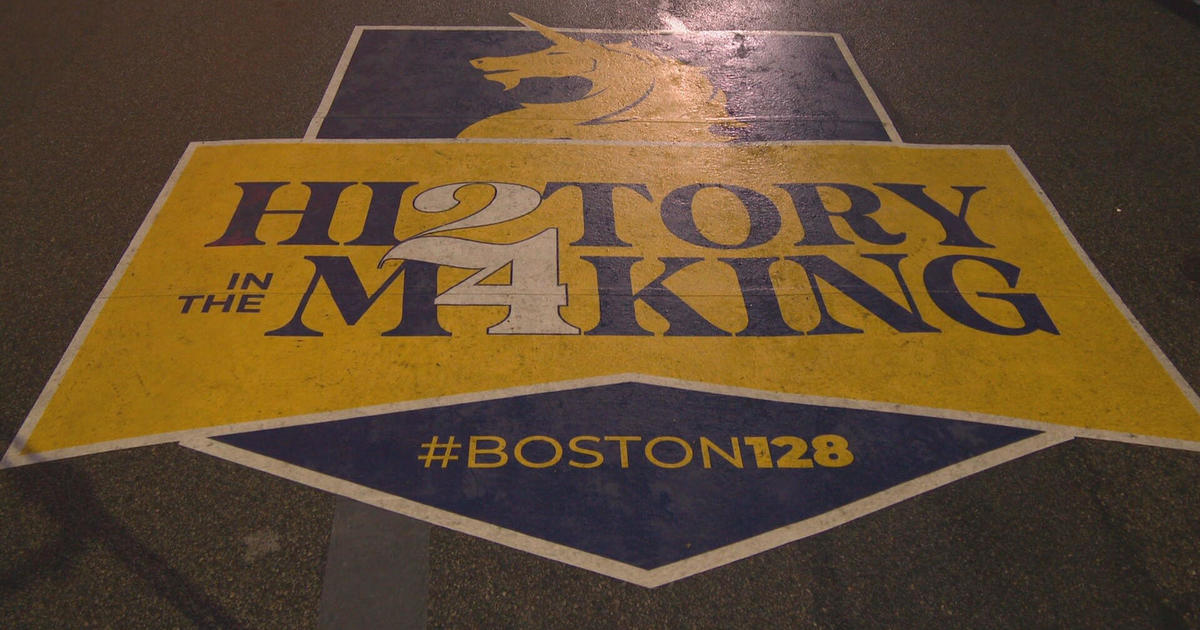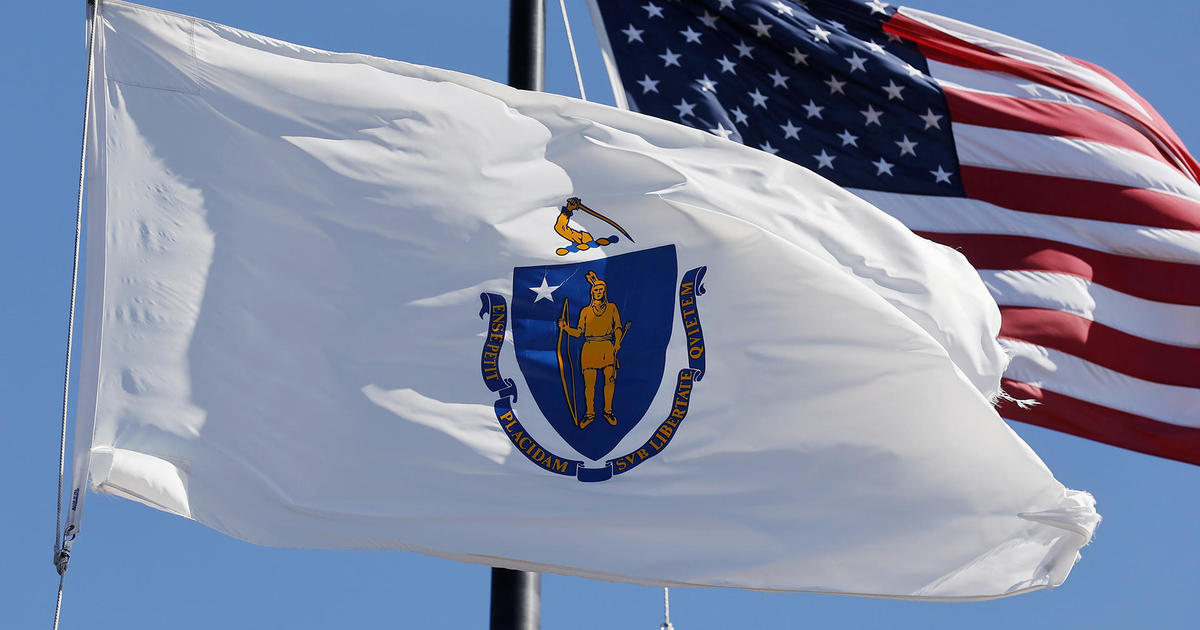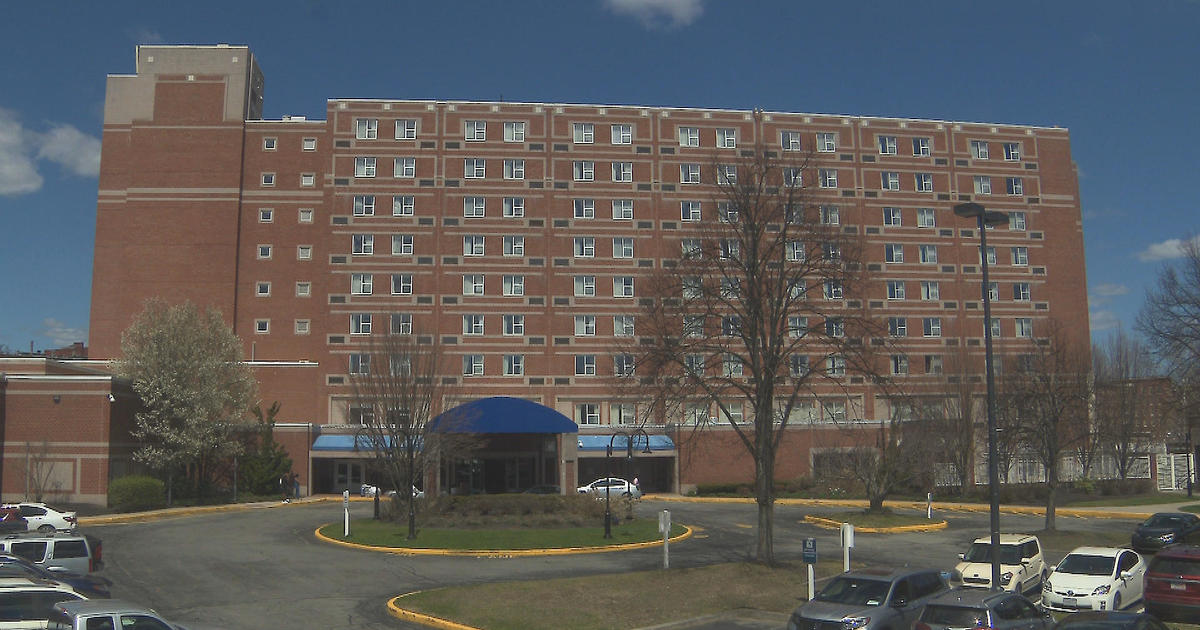Curious Why State Has Moratorium On Trash To Energy Plants
WAREHAM (CBS) -- It's a fact - we need renewable energy.
It's also a fact that we throw away millions of tons of garbage every year.
So some people say, let's use trash to create power. But in Massachusetts, it's not easy.
Jeff from Gardner Declared his Curiosity about that asking: "Why the state hasn't lifted the moratorium on trash to energy conversion plants?"
Well as we found out, it's a fight about the future.
We visited the Covanta plant in Wareham where they take a million tons of trash each year, burn it and turn it into electricity.
"We generate about 80 megawatts of power and that serves about 80,000 households," says Paul Gilman of Covanta.
Massachusetts has seven of these waste-to-energy power plants incinerating half the garbage that's left after recycling.
"That is our fuel," says Gilman.
The other half goes into landfills either in the state or sometimes out of state. And in some cases, those landfills are filling up.
So why aren't there more plants using this very renewable fuel here in the Bay State?
"We are not allowing either the expansion of existing facilities, or the construction of new facilities," says Jim Colman of the state Department of Environmental Protection.
The state has a "just say no" policy, a moratorium that's been in effect for 20 years. The industry claims it's crazy to limit a source of power, but the state says the ban will help us reach a long term goal.
"If we build them we're essentially building a disposal infrastructure which we don't want to have," says Jim Colman. He works on waste issues for the DEP.
Colman says we have enough trash to energy capacity now, because the future is the 3 R's -- reduce, reuse, recycle -- which will limit the need for these facilities in the first place.
"We think over the next 20 to 30 years there will be significant changes in how we handle our trash in this country," says Colman.
"There are no other states that have a moratorium like this," says Paul Gilman from Covanta. He argues that their waste to energy power plants are sound technology now and years from now, and that the goal of reduce, reuse, recycle is perfectly compatible. "You can grow recycling, you can grow energy recovery and you can reduce sending garbage to landfills."
The industry can argue all it wants, but it's the state that holds the cards. The question for the future is have they made the right bet.



